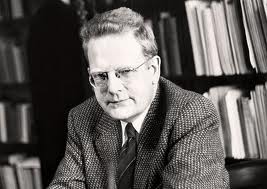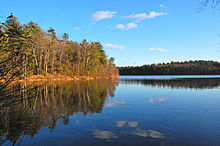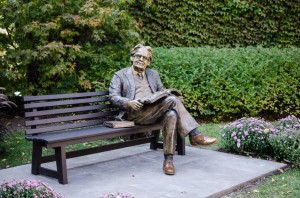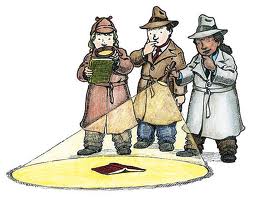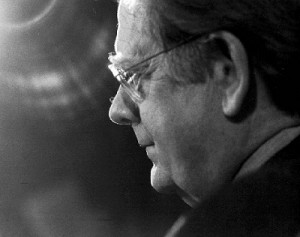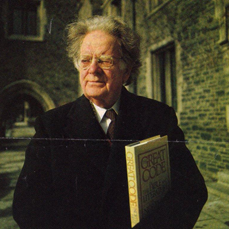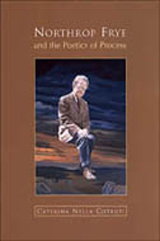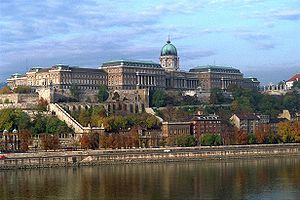
Northrop Frye 100: A Danubian Perspective
To honor Northrop Frye on the centenary of his birth, this conference was held in Budapest, 7–8 September 2012. It was sponsored by the Institute of English Studies, Károli Gáspár University of the Reformed Church in Hungary, and the School of English and American Studies, Eötvös Loránd University. Participants heard papers by some thirty speakers, representing eight countries. In addition Milorad Krstić gave a video presentation of his extraordinary Das Anatomische Theater. Below are the English abstracts of the papers and the brief biographies of the participants. Only the names and titles are given for the papers and abstracts in Hungarian.
1. Bácskai-Atkári, Júlia
Frye Reading Byron
In his influential essay Archetypal Criticism, Northrop Frye interprets Byron’s Don Juan as a clear instance of satire, belonging to the “mythos of winter” (Frye 1957). As he points out, satire in Don Juan is to a large extent achieved by a strong self-parodying tendency and by constant digressions — both leading to the partial marginalization of the hero (Frye 1963). I will show that Frye’s analysis can be extended to the genre of the verse novel as such: first, it captures the chief differences from the mock epic, which is satire fundamentally lacking the two features in question. Second, the parody of other genres — which typically recall Frye’s “mythos of summer” — and self-mocking tone are present on a higher level too: the verse novel is a form which is by definition a literary response. As such, it is also self-responsive: verse novels after Byron tend not only to be self-reflexive as texts but they emphatically reflect on the genre itself, either by distancing themselves from (certain aspects of) previous verse novels, as did many Hungarian examples in the second half of the 19th century, or even by parodying previous ones, as does Térey’s Paulus with Pushkin’s Eugene Onegin. With the appearance of contemporary instances of the genre (e.g. Byrne by Burgess), Frye’s analysis is very much of a current issue.
JÚLIA BÁCSKAI-ATKÁRI graduated from Eötvös Loránd University, Budapest with an MA (hons) in English Language and Literature and in Hungarian Language and Literature. Currently, she is junior research fellow at the Research Institute for Linguistics of the Hungarian Academy of Sciences and a PhD student at Eötvös Loránd University, Budapest (PhD programmes in Romanticism and in English Linguistics). Her main research area is the narration of the 19th‑century novel in verse and of the postmodern development of the genre in Hungarian and English literature, with particular interest in Byron’s oeuvre and reception.
2. Bánki, Evá
A költészet születése—Samuel I. könyve alapján
[Paper, abstract, and bio in Hungarian]
3. Dancáková, Mária
Northrop Frye on the Metaphorical Language of the Bible
The paper focuses on Frye’s reading of the Biblical language which he defined, using Bultmann’s term, as kerygma, or proclamation, based on myth and metaphor, and showing affinities with the language of poetry and rhetoric. However, Frye never seemed to be satisfied with the definition and he struggled to find the exact wording for the biblical language and its literal meaning. Certain for him was its basis in myth and metaphor, as he believed that only such a language can detach people from the world of facts and logical propositions, and which has the power to transform their lives. Metaphor, as he explained, is the controlling mode of thought in the Bible and not only an ornament; its use is extended to the identification of a reader with what he reads in the Bible, arising especially from the centripetal relations among its words. Myth is the cornerstone of the biblical structure, and is not to be perceived as “not really true,” as the form of the biblical stories is more important than their historicity. The intention of the biblical writers was to tell a story, not to provide the readers with the accurate description of the era, or to tell them what they might have missed.
MÁRIA DANCÁKOVÁ (born on August 25, 1989 in Trebišov) currently lives in Presov. She attended the University of Presov in Presov, Faculty of Arts, in the study programme British and American Studies. In 2010 she obtained her bachelor’s degree and is currently in the last year of her master’s degree programme. The topic of her diploma thesis was Northrop Frye on the Metaphorical Language of the Bible. In the winter semester 2011, she spent four months at the University of Bolton, United Kingdom, as an Erasmus student.
4. Dávidházi, Péter
A Tribute to The Great Code: Voltaire’s Lisbon Poem, Mikes and the Book of Job
Being a tribute to Northrop Frye’s work on the Bible, the paper is meant to demonstrate how a present-day scholar may benefit from applying Frye’s insights and methods to a comparative analysis of two literary works with a common, if latent, biblical subtext. Both Voltaire’s “Poëme sur le désastre de Lisbonne ou examen de cet axiome: tout est bien” and Kelemen Mikes’s letter CXCVIII in his Letters from Turkey were prompted by the Lisbon earthquake of 1755, both responded to the problems of theodicy, and both alluded to the book of Job. In constant dialogue with Frye’s ideas, the paper reveals these similarities, but only to highlight (and celebrate) some characteristic differences that are incompatible with the usual classification of Mikes’s work as a typical representative of early Enlightenment literature.
PÉTER DÁVIDHÁZI. Member of the Hungarian Academy of Sciences, is head of the Department of 19th-century Hungarian Literature at the Research Centre for the Humanities, and he is Professor of English Literature at Eötvös Loránd University, Budapest. As a visiting professor he taught at the University of California, Irvine, and the University of Jyväskylä, Finland. Published in Hungary, England and the US, his books include The Romantic Cult of Shakespeare: Literary Reception in Anthropological Perspective (London: Macmillan, 1998). His latest book is Menj, vándor. Swift sírfelirata és a hagyományrétegzödes [Go, Traveller. Swift’s Epitaph and the Strata of a Tradition] (Pecs: Pro Pannonia, 2009). His recent work focuses on the uses of biblical allusions in modern English and Hungarian Poetry.
5. Denham, Robert. D.
The “Two Fryes”: The Aristotelian and the Longinian
This paper examines the question of whether or not there are two essential thrusts to Frye’s critical vision that are more or less incommensurate with each other and that therefore are not subject to Frye’s usual tendency of bringing together oppositions, such as Aristotle versus Longinus, by way of their interpenetration or their being subjected to the Hegelian Aufhebung. The question is approached by way of Frye’s commitment to both Aristotelian and Longinian perspectives. Denham concludes that Frye finally privileges Longinus over Aristotle.
ROBERT D. DENHAM is the Fishwick Professor of English, Emeritus, Roanoke College, Salem, VA. He was formerly Director of English Programs for the Modern Language Association. He has written and edited 26 volumes by or about Northrop Frye, including eleven volumes of The Collected Works of Northrop Frye. His most recent book is The Northrop Frye Handbook. This past summer he donated his extensive Frye collection to the Public Library in Moncton, New Brunswick, Frye’s hometown. The collection included books, articles, and other printed matter, amounting to 43 feet of shelf space; 38 videotapes and 65 audiotapes, Frye’s writing desk and chair, a bronze bust of Frye, oil paintings, several dozen original drawings and caricatures, 114 translations of Frye’s books into 25 languages, and numerous other Frygiana.
Continue reading →
